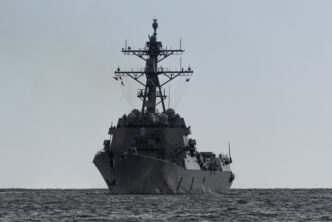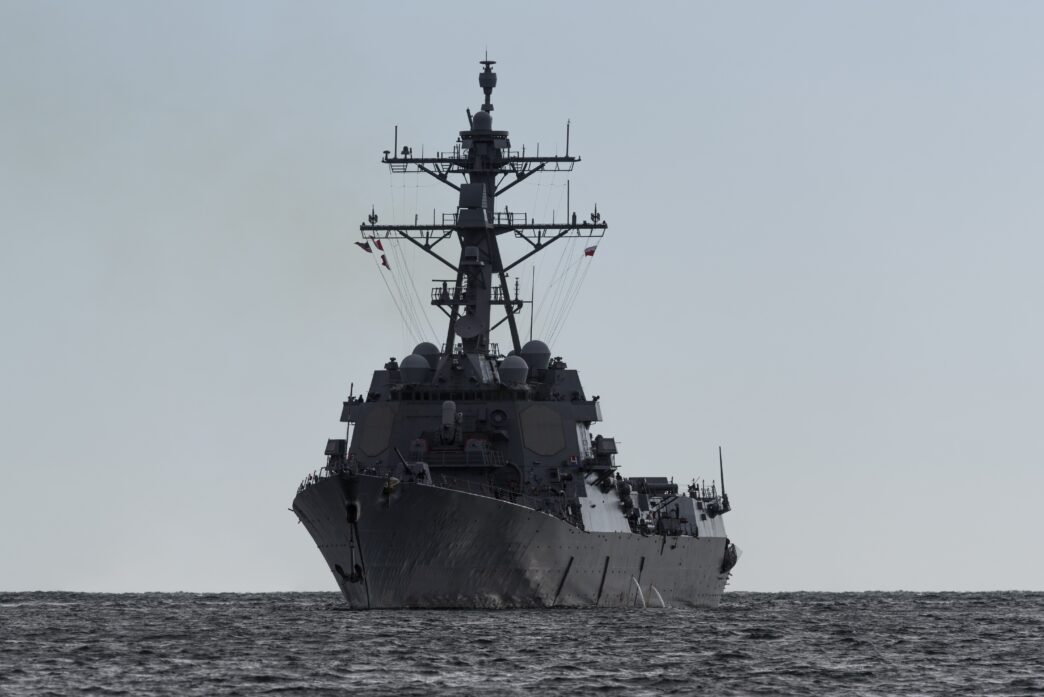Executive Summary
The Story So Far
Why This Matters
Who Thinks What?
The Trump administration is implementing a military campaign targeting alleged drug boats, employing tactics and terminology reminiscent of the “Global War on Terror” drone operations in Afghanistan and Pakistan. This strategy, which has reportedly claimed 80 lives across 20 strikes, is raising significant legal and strategic concerns among lawmakers and international allies.
Legal Justification and Domestic Concerns
In late October, senior Pentagon officials briefed lawmakers on Capitol Hill regarding the accelerating strikes. During the briefing, military lawyers who were scheduled to attend were unexpectedly absent, a move some lawmakers perceived as stonewalling when legal questions arose.
The officials described those killed in the operations as “enemy combatants” and “enemy KIA” (Killed in Action), terms previously used for troops perishing on the battlefield. Lawmakers, including Rep. Jason Crow, a member of the House Armed Services and Intelligence Committees, expressed confusion and concern over the application of such wartime terminology to alleged drug traffickers.
Military officials acknowledged they often did not know the identities of those killed, their exact destinations, or possess documentation for prosecution. The administration appears to be relying on an opinion from the Justice Department’s Office of Legal Counsel, which legal experts suggest justifies designating drug traffickers as enemy combatants for summary killing without traditional legal review.
This approach relies heavily on the President’s broad Article II authority, which outlines the commander-in-chief’s role. Critics argue that this circumvents Congressional authorization for a sustained military campaign against drug traffickers, who have historically been treated as criminals with due process rights, rather than enemy combatants.
Echoes of the War on Terror
The strikes predominantly utilize MQ-9 Reaper drones equipped with Hellfire missiles, a hardware combination central to “signature strike” campaigns in the Middle East. Secretary of Defense Pete Hegseth has explicitly drawn parallels, referring to drug trafficking operations in Latin America as the “Al-Qaeda of the Western Hemisphere.”
The concept of “signature strikes” involves targeting individuals or vessels based on intelligence profiles, rather than identified individuals. While such strikes were used during a period when U.S. troops faced active combat in the Middle East, U.S. forces in Latin America have not reported taking fire, and the Pentagon states no troops have been injured in recent operations.
Mark Cancian, a retired Marine Corps colonel and senior adviser with the CSIS Defense and Security Department, noted that this logic could apply to drug boats exhibiting specific characteristics. However, he cautioned about the risk of misinterpreting signatures and attacking innocent parties.
Geographic Expansion and Shifting Focus
The campaign began on September 2, with President Trump announcing a strike in the Caribbean against a boat allegedly operated by the Tren de Aragua gang, which he linked to Venezuelan leader Nicolas Maduro. Initially, the focus was on fentanyl trafficking and coincided with a significant U.S. military buildup in the Caribbean.
By late October, the boat strike campaign expanded to the Pacific Ocean, shifting its focus to stopping cocaine movement, primarily from Colombia and Mexico. This geographical shift has led to concerns from other Latin American countries about the broadening scope of U.S. counter-narcotic operations.
International Backlash and Strained Alliances
The unilateral nature of these strikes has strained relationships with key allies. Mexico, a close partner in counter-drug operations, was reportedly surprised by a U.S. strike near its Pacific coast on October 27, learning of a potential survivor only after the incident.
Following this, Mexican officials met with the U.S. ambassador to understand the lack of advance warning and future expectations. Despite Mexican President Claudia Sheinbaum’s public opposition to the strikes, Mexican officials have attempted to placate the Trump administration with crime reduction metrics.
The United Kingdom has ceased sharing intelligence with the U.S. regarding suspected drug trafficking vessels in the Caribbean, citing concerns over complicity in what it views as illegal military strikes. Similarly, Colombian President Gustavo Petro ordered his country’s security forces to suspend intelligence sharing with U.S. agencies until the strikes cease.
Petro’s decision intensified after a Colombian survivor of a U.S. strike was repatriated and subsequently released by Colombian authorities due to insufficient evidence. He criticized the “shoot-first” strategy, arguing it prevents proper legal process and evidence collection.
Future Prospects and Sovereignty Concerns
While all strikes to date have occurred in international waters, Trump administration lawyers are reportedly debating justifications for extending these operations to land targets. One strategy involves identifying land targets associated with drug trafficking and issuing a second legal opinion declaring the host country “unable or unwilling” to address an imminent threat.
Another possibility includes adding Mexican cartels to a secret list of legitimate targets. These discussions are fueling concerns among Mexican officials, who have historically rebuffed President Trump’s proposals to deploy U.S. military forces within their borders to target cartels.
The administration’s aggressive stance and its legal interpretations are testing the boundaries of presidential authority in waging war abroad. This approach continues to raise questions about lessons learned from past conflicts and the potential for further diplomatic and political fallout.








